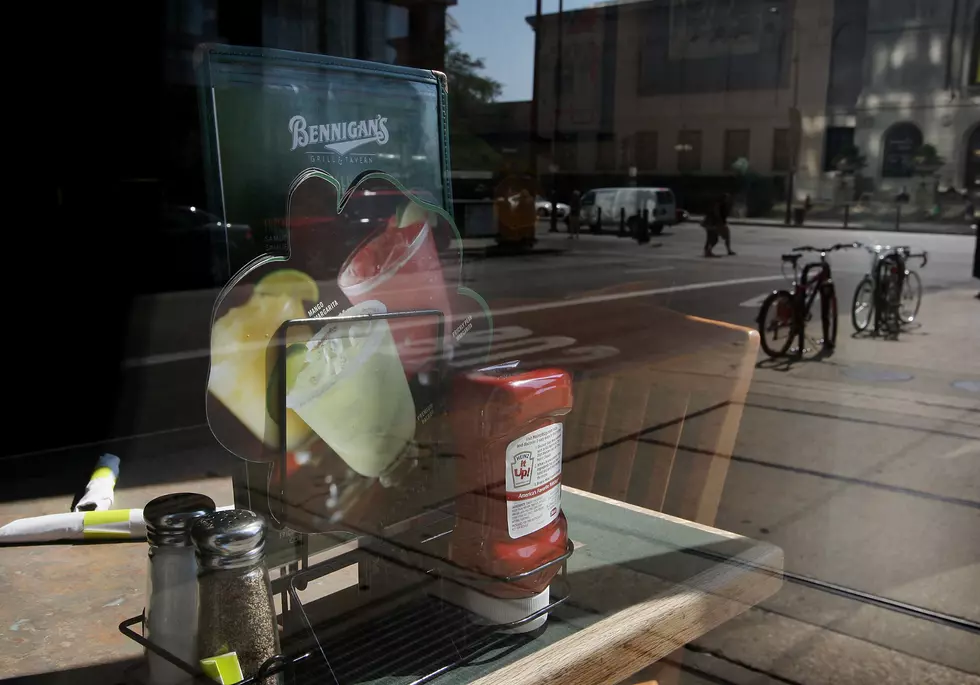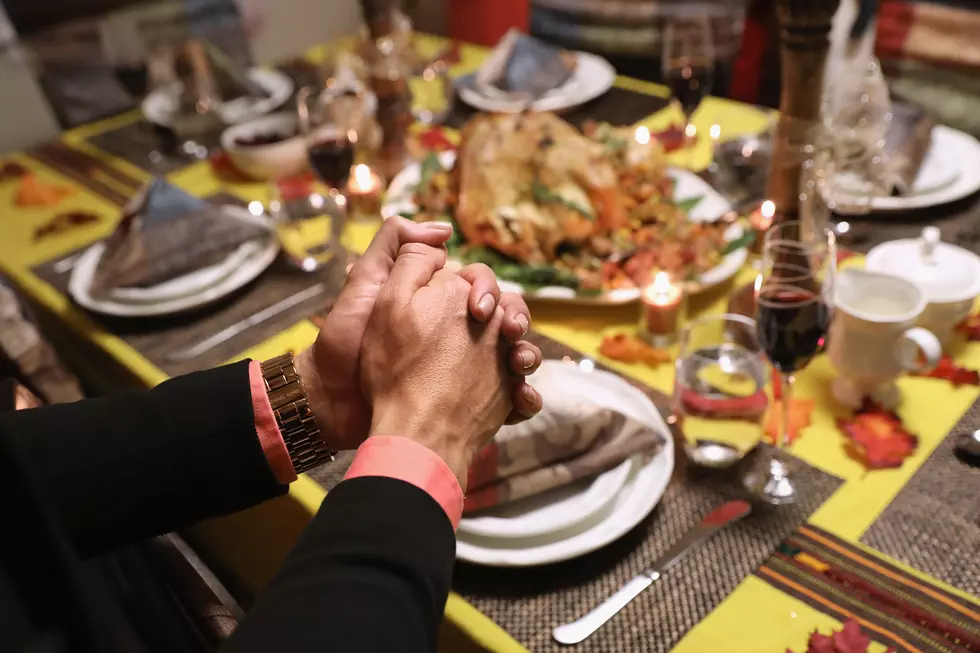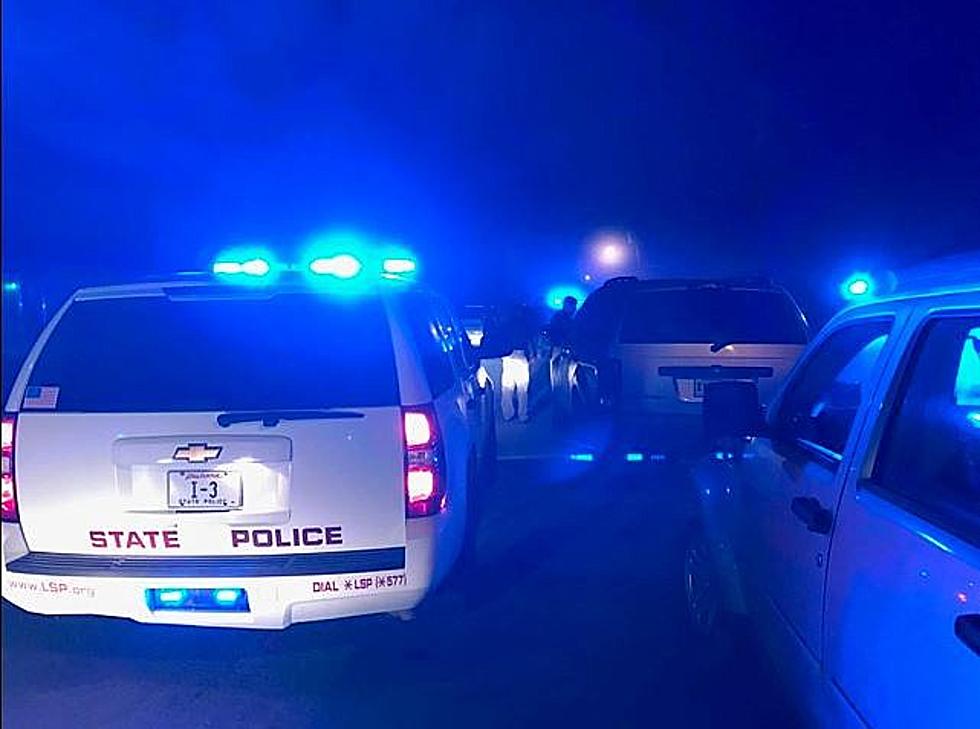
Did You Know the Roe v. Wade Abortion Case Started in Texas?
As the latest case that could challenge the Supreme Court's 1973 Roe v. Wade abortion decision is being heard by the nation's highest court, a little history seems more than appropriate.
In this go round, SCOTUS will decide the legality of a Mississippi law passed in 2018 that would prohibit abortions after the fifteenth week of pregnancy. An even more restrictive bill passed in Texas outlaws abortions after the sixth week of pregnancy, but the Court recently refused to hear a challenge to that legislation. As a result, the Mississippi bill, facing a ruling by the Supreme Court, is the one that will affect the future of the Roe v. Wade decision as well.
But did you know that the nation's abortion fight, now nearly a half century old, began in Texas. In Dallas, to be precise.
According to a recent WFAA story, “the (original) lawsuit was tried in Dallas in a courtroom that still exists as a catering venue in the old post office building. It very much was a local case and involved local personalities.”
The "Roe" in Roe v. Wade was, in reality, a Dallas woman named Norma McCorvey. McCorvey, a Dallas resident, was pregnant at the time. And she wanted an abortion.
McCorvey, a financially struggling mother of two, was represented by two Dallas attorneys, Sarah Weddington and Linda Coffee. The lawyers took on McCorvey's case and soon won a federal court (in Dallas) decision that said the Texas law banning abortion was unconstitutional.
Again, from WFAA, the three federal judges stated at the time, "(McCorvey) can have an abortion and assuming that she has it in Texas, she need no longer suffer any kind of guilt feelings because of the supposed fact that she is committing an illegal act."
Ironically, just a few years later, McCorvey would change her stance on abortion, even to the point of joining anti-abortion organizations and using her notoriety to campaign against the SCOTUS decision that bears her alias.
Pro-abortion activists continue to claim that McCorvey, who died in 2017, was paid by right-to-life groups to change her stance on the issue.

Louisiana's Biggest Political Scandals
Playground Equipment that Has Been Canceled
Famous Actors Who Consistently Make Really Bad Movies
More From News Radio 710 KEEL









